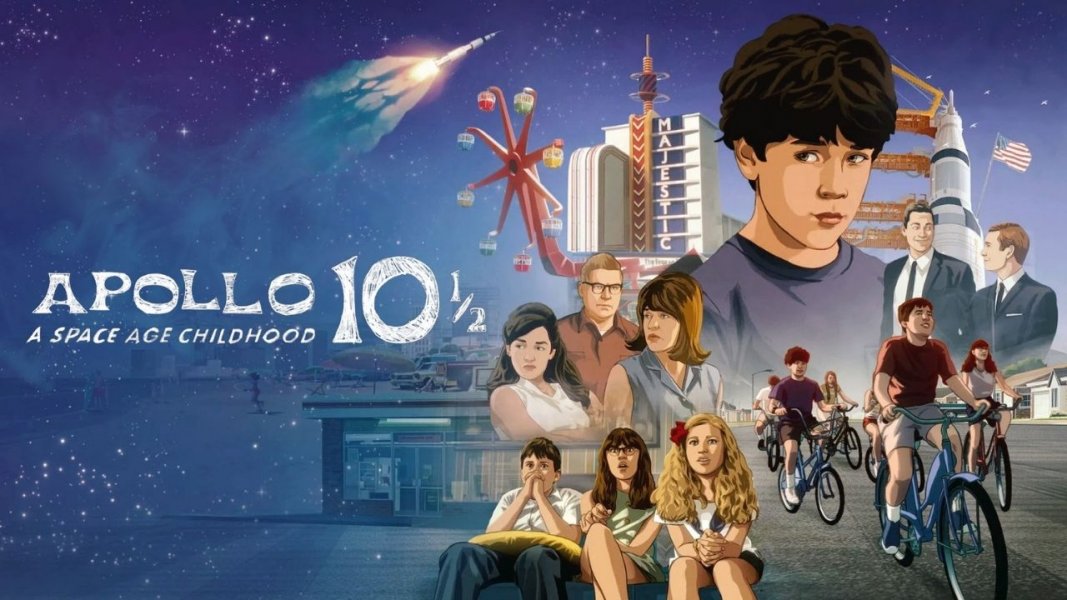- Messages
- 17,486
- Location
- New York City
Bride for Sale from 1949 with Claudette Colbert, George Brent, Robert Young, Max Baer and Charles Arnt.
Bride For Sale is a late-1940s attempt to make a classic 1930s screwball romantic comedy that misses its mark despite talented actors and some good scenes here and there.
Claudette Colbert plays a former major in the WACs who, owing to her reputation as a highly effective manager, is hired, sight unseen, by George Brent to whip his accounting firm's office into shape as Brent is under the impression that Colbert is a man.
Despite reservations about hiring a woman after he meets her, he gives Colbert the job and she quickly has the office running like a well-oiled machine.
Brent is now afraid Colbert will leave to start her own firm, but she tells him her real mission is to use her access to men's financial files to find a wealthy single man who, as a husband, could provide her with a luxurious lifestyle.
Being a screwball comedy, Brent now concocts a scheme to have his good friend and client, played by Robert Young, date Colbert, get her to believe he'll marry her and, then, dump her so that she'll learn her plan is stupid and she'll just continue to run Brent's office. Good grief.
Unless this is your first screwball romcom, with that setup, you'll already know that eventually, both men will be fighting for Colbert’s romantic affections, while Colbert, once she discovers their plan, will want no part of either of them. Throw in a crazy climax with a ton of confusion and roll credits on another screwball romcom.
Yes, the plot is dated and off putting by today's standards, but many of our modern movie plots will be dated and off putting in seventy plus years. What really fails, though, is that Colbert, a fine actress who, at forty-six in this one, has aged very well, is miscast.
She is neither believable as the hard-nosed business woman nor the gold-digging husband huntress. She simply reads sweet and sincere the entire movie, which fits neither defining aspect of her character.
Bette Davis, Patricia Neal, Joan Crawford (God forbid), Gene Tierney and several other actresses of that era could have pulled off being a crackerjack business woman who is also hunting for a rich husband, but Colbert doesn't.
Brent is fine as the bland owner of an accounting firm and Young is very good as the guy who realizes, in the middle of a gag, he actually loves Colbert, but none of it really works because Colbert doesn't fit her character.
The movie does get a little boost from former professional boxer Max Baer in a supporting role as a wrestler and bodyguard, as it does from character actor Charles Arnt as the shy coworker. Bear is just fun in an inside-joke kind of way, while Arnt understands the tone and acting style required of a screwball romcom.
None of it is enough, though, as unfortunately, Colbert never convinces you she's anything but a nice middle-aged woman who is neither a highly efficient business executive nor a fortune hunteress. Without that, and despite a few good scenes and fun moments, the movie has little real lift, charm or chemistry.
With a small budget, a dated copy-cat plot and modest aspirations, Bride For Sale needed the actors to sell you on the story. Heck, Katharine Hepburn and Spencer Tracy seemed to make a successful version of this type of movie every other year in the 1940s, but nobody ever doubted that a Hepburn character could run an office or hunt down a rich man if she wanted to.



